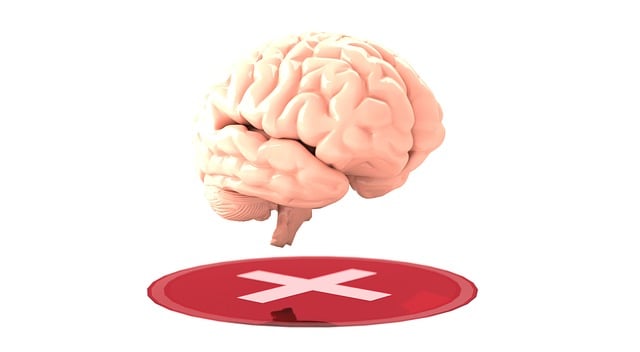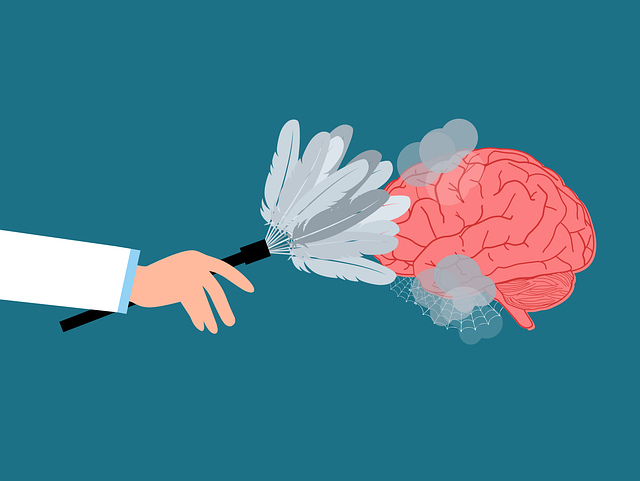Centennial Domestic Violence Therapy emphasizes risk management as a core component of successful mental health practice. By identifying and addressing personal, interpersonal, and environmental stressors through specialized interventions like Mental Wellness Journaling and Emotional Healing Processes, therapists mitigate risks such as trauma, substance abuse, and suicidal ideation. Cultural competency training caters to diverse needs, creating inclusive treatment environments. To combat therapist burnout, structured case management, mindfulness practices, self-care, and social skills training are implemented. This holistic approach prioritizes client and therapist safety, empowering clients with healthy coping skills while continuously refining strategies through internal and external partnerships.
Mental health professionals face unique challenges, with risk management being an essential aspect of their practice. This article explores the critical components of risk planning, focusing on identifying and mitigating potential hazards in mental health settings. We delve into understanding specific risk factors, such as client vulnerability and complex trauma, prevalent at Centennial Domestic Violence Therapy. By providing a structured approach, we guide therapists through developing robust risk management strategies, ensuring safe and effective therapy practices.
- Understanding Risk Factors in Mental Health Practice
- Developing a Comprehensive Risk Management Plan
- Implementing and Reviewing Strategies for Safe Therapy Practices at Centennial Domestic Violence Therapy
Understanding Risk Factors in Mental Health Practice

Understanding risk factors is a cornerstone of effective mental health practice, especially in fields like Centennial Domestic Violence Therapy. Every client presents unique challenges, and professionals must be adept at identifying potential hazards that could impact both the therapist and the patient. These risks can manifest as personal, interpersonal, or environmental stressors, each requiring tailored strategies for mitigation. For instance, therapists working with individuals experiencing domestic violence may encounter high levels of trauma, substance abuse, or suicidal ideation—all demanding specialized interventions.
By incorporating practices like Mental Wellness Journaling Exercise Guidance and leveraging Emotional Healing Processes in therapy sessions, mental health professionals can proactively manage these risks. Additionally, Healthcare Provider Cultural Competency Training plays a pivotal role in equipping therapists with the knowledge and skills to address diverse cultural needs, thereby enhancing their ability to create safe, inclusive, and effective treatment environments.
Developing a Comprehensive Risk Management Plan

Mental health professionals often find themselves on the frontlines of managing complex and sensitive cases, which can lead to elevated levels of stress and potential burnout. Therefore, developing a comprehensive risk management plan is an essential step in ensuring their well-being and maintaining optimal patient care. Such a plan should encompass various strategies tailored to mitigate risks specific to the field of mental health therapy.
At Centennial Domestic Violence Therapy, for instance, therapists might implement structured protocols for case management and crisis intervention, which can help reduce the emotional burden associated with high-risk cases. This may include integrating Burnout Prevention Strategies for Healthcare Providers, such as regular self-care practices and Stress Reduction Methods like mindfulness techniques. Additionally, providing opportunities for Social Skills Training could enhance therapists’ ability to navigate challenging situations effectively while maintaining professional boundaries.
Implementing and Reviewing Strategies for Safe Therapy Practices at Centennial Domestic Violence Therapy

At Centennial Domestic Violence Therapy, implementing safe therapy practices involves a multi-faceted approach that incorporates robust risk assessment strategies and regular reviews to ensure ongoing protection for both clients and professionals. Our team meticulously follows evidence-based guidelines and integrates conflict resolution techniques into therapeutic sessions, aiming to mitigate potential risks effectively. Regular staff training on risk assessment for mental health professionals is conducted to keep everyone updated with the latest best practices.
By fostering a culture of continuous improvement, Centennial Domestic Violence Therapy promotes coping skills development among clients, enabling them to manage stressors and conflicts healthily. Through rigorous internal reviews and external partnerships, we consistently refine our strategies, ensuring that our therapy practices remain safe, compassionate, and in line with the highest standards of mental health care, ultimately enhancing the well-being of everyone involved.
Risk management planning is an indispensable tool for mental health professionals, especially in high-risk environments like domestic violence therapy. As highlighted by the successful strategies employed at Centennial Domestic Violence Therapy, a comprehensive approach that identifies and mitigates potential risks can significantly enhance safety and improve therapeutic outcomes. By understanding unique risk factors, developing tailored plans, and regularly reviewing practices, mental health professionals can navigate complex situations effectively, ensuring the well-being of both clients and practitioners.














